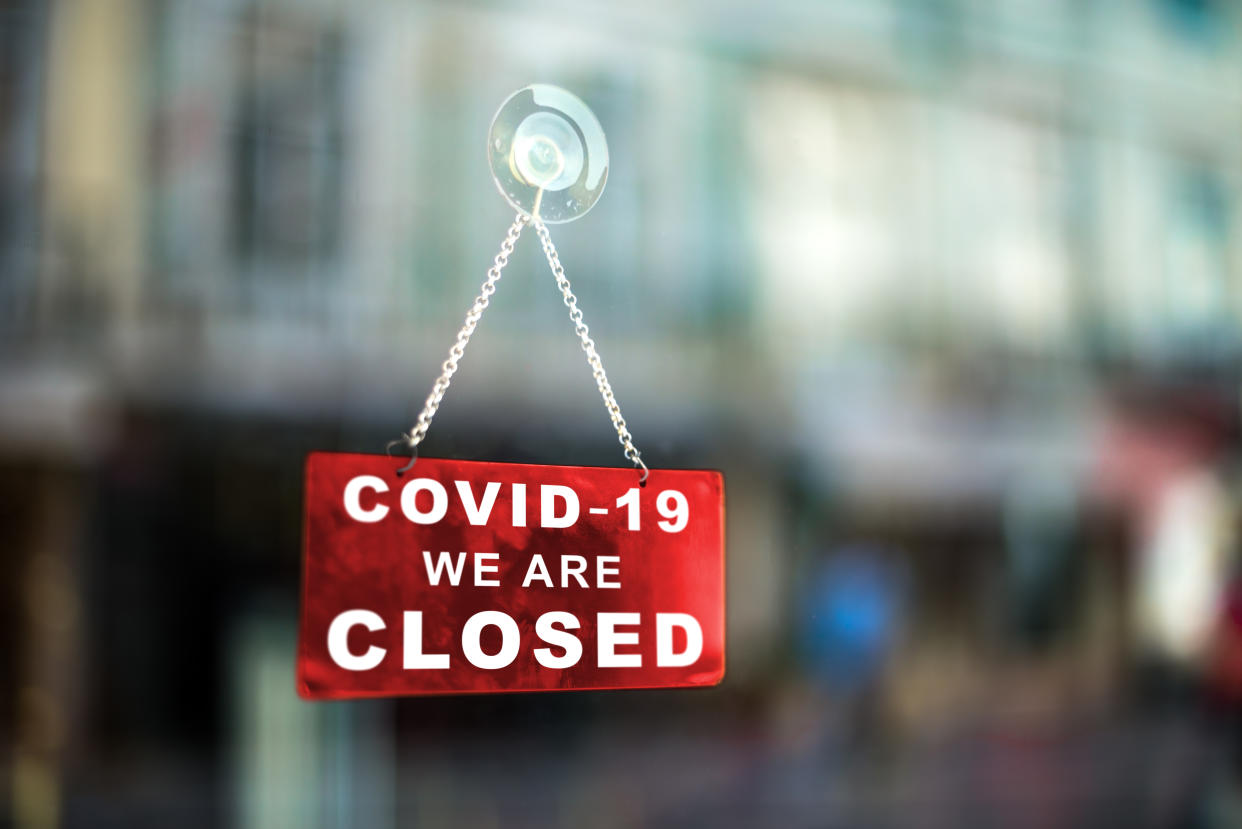As rent comes due, restaurants call for aid

As restaurants across the country face their first rental payment since the COVID-19 outbreak ground the economy to a halt, industry groups are calling for government aid to help prevent permanent closures.
For nearly all restaurants in Canada, rent is the most significant fixed cost. According to the most recent survey conducted by the Canadian Federation of Independent Business (CFIB), a quarter of small businesses said they would not be able to pay commercial lease or mortgage payments due on April 1.
While the federal government has unveiled a list of initiatives to help businesses grapple with the substantial economic slowdown, it has yet to introduce measures that would assist companies when it comes to rental payments.
David Lefebvre, vice president of Restaurants Canada, an industry group that represents independent restaurants and quick-service food operators across the country, said the current measures the government has introduced will help companies in the short-term. But more needs to be done, he said, particularly when it comes to rent and mortgage payments, to ensure businesses can survive over the medium-term.
“It’s something that definitely hammers independent operators, which often times are the ones that haven’t done delivery or takeout and are 100 per cent closed right now,” Lefebvre said.
“It’s this segment of the industry that rents more than others, and they are also the most likely to be closed right now. It’s a double-whammy.”
Restaurants Canada said that rent relief should be provided through flexible arrangements with landlords that would allow payment-free periods and could help restaurants survive through the crisis.
“Basically our ask is for the government to do something financially, particularly for people who are tenants that are going to have a hard time, not just in April, but in May and June,” Lefebvre said.
“Something like 15 per cent of our members say if we don’t have anything in place, we’ll close by May 1. There are too many costs and, in a lot of cases, zero revenues.”
The CFIB is calling on the federal government to ensure that the new Canada Emergency Business Account – a $40,000 loan that is guaranteed by the government to qualifying business – includes $10,000 that is forgive-able to cover rent and other fixed costs. It is also calling on provincial governments to encourage municipalities to defer commercial property tax payments.
Nova Scotia has introduced a three-month rent deferral program for small business operators. The government will also guarantee up to $5,000 a month to the landlord if that business ends up shuttering. But other provinces have yet to follow suit.
However, some landlords have introduced their own measures to help tenants. First Capital REIT, a Toronto-based mixed-use real estate developer, launched a $30 million program that allows small businesses to defer a portion or all of their rent for a time period – initially two months – starting in April.
Many quick-service restaurants have also been offered some relief. Restaurant Brands International, which operates Tim Hortons, Burger King and Popeyes, has deferred rental payments from franchisees at the 3,700 locations it owns for up to 45 days. The company has also converted its rent structure from a combination of fixed plus variable rent to 100 per cent variable rent, a move it says will provide relief in a time of declining sales.
But the longer the crisis goes on, Lefebvre warns, the more will need to be done to ensure restaurants – particularly independent operators – survive.
“As long as this continues, you are going to have more restaurants go bankrupt and close,” he said.
Download the Yahoo Finance app, available for Apple and Android and sign up for the Yahoo Finance Canada Weekly Brief.



